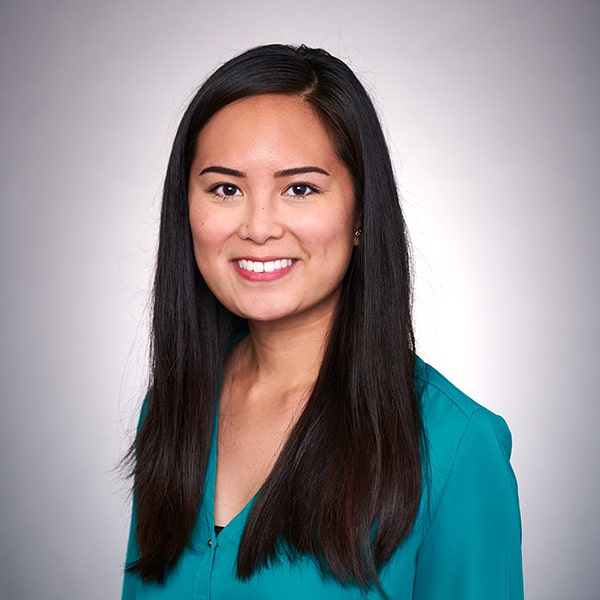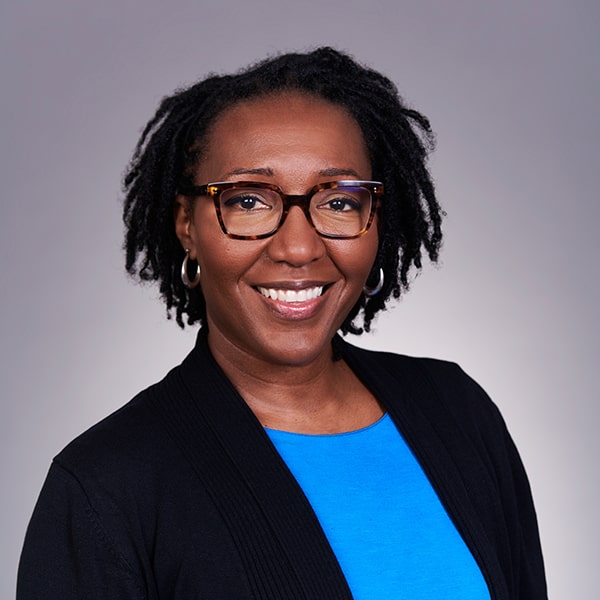Let's Talk
Let's Talk is a drop-in service that offers an informal, confidential conversation with a CaPS counselor at various campus locations and on Zoom*. Let’s Talk counselors can listen to specific concerns, offer support, help explore solutions, and introduce you to what it’s like to speak with a member of our staff. Let’s Talk is not a substitute for therapy and does not constitute mental health treatment.
Let’s Talk meetings are:
- Free for CMU students
- Confidential
- Typically about 20-25 minutes in length
- Offered first-come, first-served (no appointment required)
- Informal and not a substitute for therapy
- Not intended for urgent concerns or mental health emergencies
Let's Talk Fall 2024 Schedule
Wednesdays & Thursdays, 1-3pm
*Zoom available by request
Zoom ID: 944 6933 5805
Must be signed in with CMU Zoom account
|
Monday |
Tuesday |
Wednesday | Thursday | Friday |
| 28 |
29 |
30 Posner 277 |
31 Hamburg 2108 |
November 1 |
|
4 |
5 |
6 ANSYS A11 |
7 Tepper 4001 |
8 |
|
11 |
12 |
13
|
14 Gates-Hillman Center 4007 |
15 |
|
18 |
19 |
20 CANCELED |
21 CANCELED
|
22 |
|
25 |
26 |
27 Thanksgiving |
28 Break |
29 --- |
|
December 2 |
3 |
4 Center for Student Diversity & Inclusion |
5
|
6 Last Day of Classes |
|
9 Finals Week |
10 |
11 CANCELED |
12 CANCELED |
|
Let's Talk Counselors

Abigail Cruz (she/her) is a licensed psychologist and the Let's Talk Coordinator for Counseling and Psychological Services at CMU. She is a Filipino-American child of immigrants and was a first-generation college student. Abigail is passionate about supporting mental health through decreasing stigma, increasing access to care, and using an intersectional and social justice oriented lens in her work. She hopes to empower students to explore, reclaim, and connect with their culture(s) and embrace an identity that is uniquely and authentically theirs.

Kym Jordan-Simmons (she/her) is a licensed clinical psychologist more than 20 years of experience at multiple university counseling centers. Kym's clinical interests include co-creating space with students for deeper understanding and healing from racial, family and relational trauma; anxiety; and sexual violence as well as supporting students’ meaningful connection with themselves and others. She is passionate about group therapy and co/facilitates groups for Black Women, PhD students, and students diagnosed with chronic illness. Spending time with family and friends, engaging in public service with her sorors, hula hooping, gardening, and narrating audio books is where she often finds joy.
Frequently Asked Questions (FAQs)
What is Let’s Talk?
Who should visit Let’s Talk?
This service is open to all CMU undergraduate, graduate, and professional students. Let's Talk is the best fit for the following people:
- Students who have never been in counseling before, are not sure if it’s right for them and wonder what it's like to talk with a counselor;
- Students who are not interested in ongoing counseling but would like the perspective of a counselor;
- Students who have a specific problem and would like to talk it through with someone;
- Students who are interested in learning more about what campus resources are available to them and how to access them.
I think I have a problem that would benefit from counseling, but I don't know anything about counseling. Would going to Let's Talk help me figure out what to do?
I scheduled a CaPS appointment for a week from now. Can I stop by Let's Talk in the meantime?
I called CaPS and spoke with a counselor. They recommended a referral to an outside counselor. Can I go to Let's Talk instead?
I'm currently seeing a counselor at CaPS, and I would like to talk with someone sooner than my next appointment. Can I go to Let's Talk?
I'm currently seeing a counselor at CaPS, and I'm not happy with how things are going. Can I go to Let's Talk instead?
What happens at a visit to Let's Talk?
How is Let's Talk different from counseling at CaPS?
In contrast, Let's Talk is not formal counseling and is not intended to be a substitute for mental health treatment. Rather, it is a convenient drop-in service where students can have an informal consultation with a counselor.
Let’s Talk visits are confidential. Are there any limits to confidentiality?
Let's Talk counselors keep brief written notes of their contacts with students, and in the event that there is an emergency or a student is referred to CaPS, other CaPS staff may see these notes. Finally, these notes can be released in the unlikely event of a court order. Let's Talk visits are never noted on a student's official university record.
We don't want anything to be a barrier to students accessing help. If you have further questions about confidentiality, we encourage you to discuss them with a Let's Talk counselor.